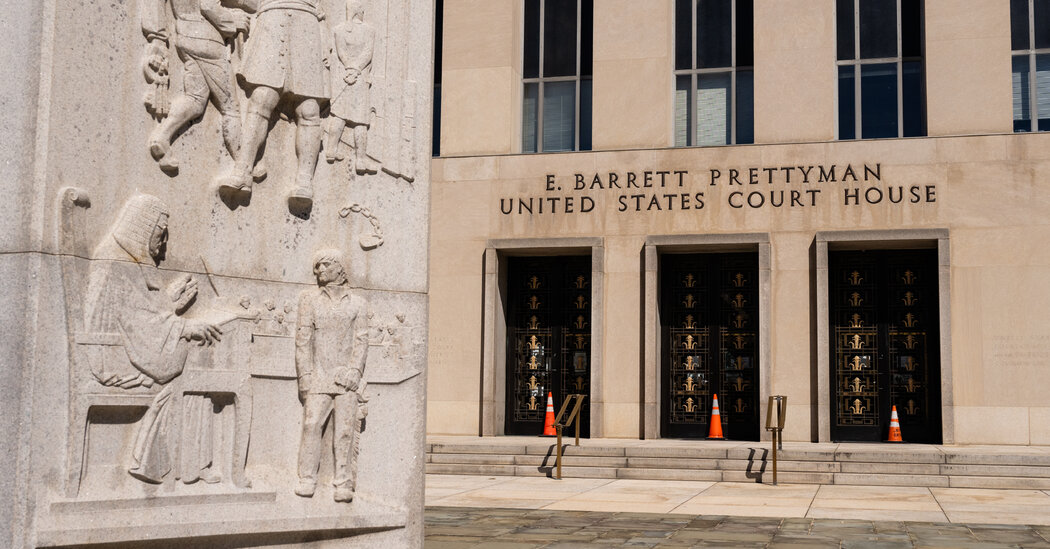Antitrust Hearings: Analyzing Google’s Search Monopoly
Background of the Case
In recent weeks, significant developments have unfolded in U.S. District Court as the Justice Department engages in hearings focused on Google’s alleged monopoly in internet search. This legal battle has seen more than two dozen witnesses called to testify, providing insights into the implications of Google’s market power.
Proposed Remedies by the Government
The U.S. government’s stance is clear: it advocates for decisive measures to dismantle Google’s dominance. The proposals include:
- Forcing Google to divest its widely used Chrome web browser.
- Mandating that Google share search results and advertisement data with rival companies.
- Ensuring access to proprietary user data for competing search engines and AI firms to foster competition.
This approach aims to prevent Google from extending its influence into artificial intelligence (AI) technologies, as concerns mount over the company’s strategic maneuvers within new tech realms.
Key Arguments Presented by Google
Google’s defense team argues that the government’s aggressive measures could have detrimental effects on consumer products and user privacy. Key arguments from Google include:
- Unintended consequences arising from forced data sharing, which could jeopardize user privacy and security.
- Concerns about competition in the AI landscape being overstated, citing successful competitors like OpenAI’s ChatGPT.
- Proposals for more flexible agreements with browser and smartphone manufacturers that would allow room for competitive search services without dismantling existing structures.
During the hearings, CEO Sundar Pichai emphasized the potential risks of the government’s proposals, referencing a past incident where data leaks led to the identification of individuals based on search queries.
Insights from Other Industry Players
Testimonies from industry competitors, including notable AI companies, indicated a willingness to consider the purchase of Chrome if it were divested. Witnesses argued that access to Google’s search and ad data would significantly enhance their competitive edge in the market.
The Judge’s Perspective
Judge Amit P. Mehta has posed pivotal questions throughout the hearings, probing whether rivals could effectively compete with Google’s search capabilities without intervention from the court. His inquiries often centered around the impact of emerging AI technologies on the search landscape, reflecting a recognition of the sector’s rapid evolution since the trial began.
In discussing the integration of AI and search, Judge Mehta noted that the technology’s development had progressed more swiftly than anticipated, underscoring the importance of considering future technological trends in the court’s eventual ruling.
Next Steps in the Hearing
The conclusion of witness testimonies marks a critical juncture in this landmark case. Both the government and Google’s representatives are set to present their closing arguments at the end of the month, with a ruling anticipated by August. This decision holds substantial implications for Google, its competitors, and the overall landscape of online information retrieval.


